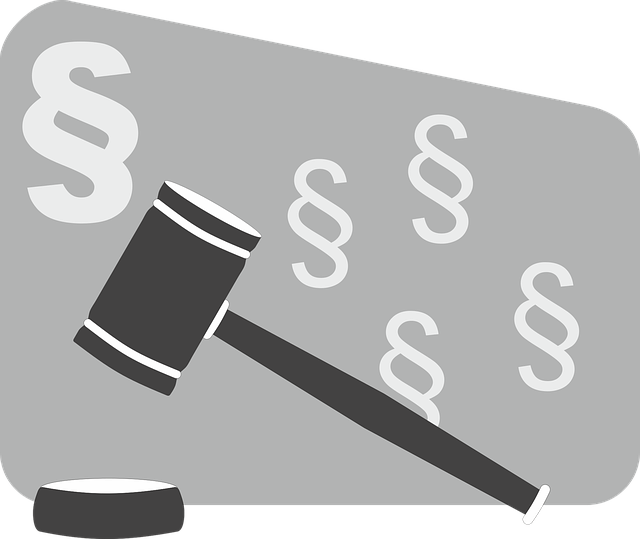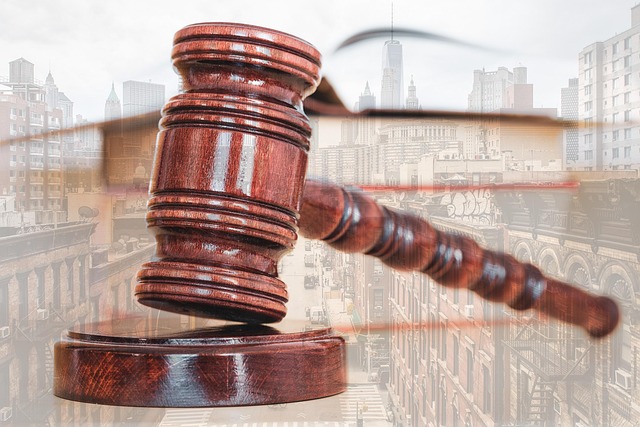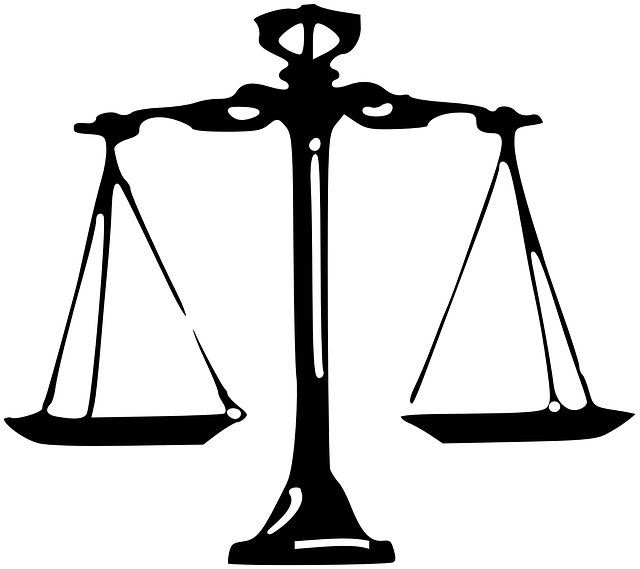RF Regulatory Agency investigations ensure consumer protection and market integrity by rigorously testing RF devices for safety compliance. When issues like health risks or fraudulent practices are found, they conduct comprehensive inquiries leading to penalties like fines or recalls. The Consumer Fraud Class Action Lawsuit Process, initiated by harmed consumers, seeks individual redress and industry transparency through collective action. Following an investigation, individuals/companies facing charges must review agency findings, consult legal experts specializing in the Consumer Fraud Class Action Lawsuit Process, and prepare for complex procedures that could lead to negotiations or jury trials.
“RF Regulatory Agency investigations are pivotal in ensuring fair practices in the radio frequency (RF) spectrum utilization. This article offers a comprehensive guide, breaking down complex processes into understandable segments. We explore ‘Understanding RF Regulatory Agency Investigations’, delving into how these agencies uncover consumer fraud through class action lawsuits. Furthermore, we navigate the aftermath of an investigation, providing essential steps for businesses and individuals to follow post-conclusion. By understanding these procedures, stakeholders can proactively ensure compliance and mitigate potential risks.”
- Understanding RF Regulatory Agency Investigations: An Overview
- The Consumer Fraud Class Action Lawsuit Process Explained
- Navigating the Aftermath: Steps After an Investigation Conclusion
Understanding RF Regulatory Agency Investigations: An Overview

RF Regulatory Agency Investigations play a pivotal role in safeguarding consumers from potential harm caused by radiofrequency (RF) devices. These investigations are designed to ensure compliance with strict regulations governing the safety and performance of RF technologies, which are ubiquitous in our modern world, from cell phones to wireless routers. When an issue arises, whether it’s a potential risk to public health or unfair business practices, these agencies spring into action.
The process typically involves a thorough examination of device design, manufacturing protocols, and market entry strategies. If violations are uncovered, the agency may levy fines, order product recalls, or even initiate a Consumer Fraud Class Action Lawsuit Process. This comprehensive approach aims to protect consumers while also offering a general criminal defense for corporations and individuals facing charges. Ultimately, these investigations strive for complete dismissal of all charges where no substantial wrongdoing is proven, ensuring fairness and maintaining the integrity of both the market and public safety standards.
The Consumer Fraud Class Action Lawsuit Process Explained

The Consumer Fraud Class Action Lawsuit Process begins when a group of consumers, who have experienced similar harm due to a company’s unethical or illegal practices, joins together to file a lawsuit against that entity. This collective action is powerful as it not only seeks individual redress but also sets a precedent for protecting the rights of many other potential victims. The process involves several key steps: identifying the relevant parties, defining the scope of the fraud, gathering evidence, and ultimately presenting a compelling case in court.
A unique aspect of class-action lawsuits is their ability to achieve an unprecedented track record of holding corporate and individual wrongdoers accountable for their actions. This collective approach ensures that affected consumers can access justice and receive compensation for their losses, fostering a culture of transparency and ethical business conduct within respective industries.
Navigating the Aftermath: Steps After an Investigation Conclusion

After an RF Regulatory Agency investigation concludes, individuals or companies facing potential charges must take swift action to protect their interests. The first step is to thoroughly review the agency’s findings and determine if there are any discrepancies or errors. This involves a meticulous analysis of the evidence presented during the investigation, allowing for a comprehensive understanding of the allegations.
If the results indicate a potential Consumer Fraud Class Action Lawsuit Process, it is crucial to consult with legal experts specializing in this field. They can guide you through the complex process, which may include negotiating with regulatory bodies or preparing for jury trials. An experienced legal team will aim to achieve a winning challenging defense verdict, leveraging their unprecedented track record to ensure the best possible outcome.
RF Regulatory Agency investigations can significantly impact businesses, especially those facing potential consumer fraud claims. Understanding the process, from initial oversight to post-conclusion steps, is crucial for navigating these complex scenarios. By familiarizing themselves with the Consumer Fraud Class Action Lawsuit Process, companies can better prepare and ensure compliance, ultimately mitigating risks and protecting their reputation in the event of an inquiry.






